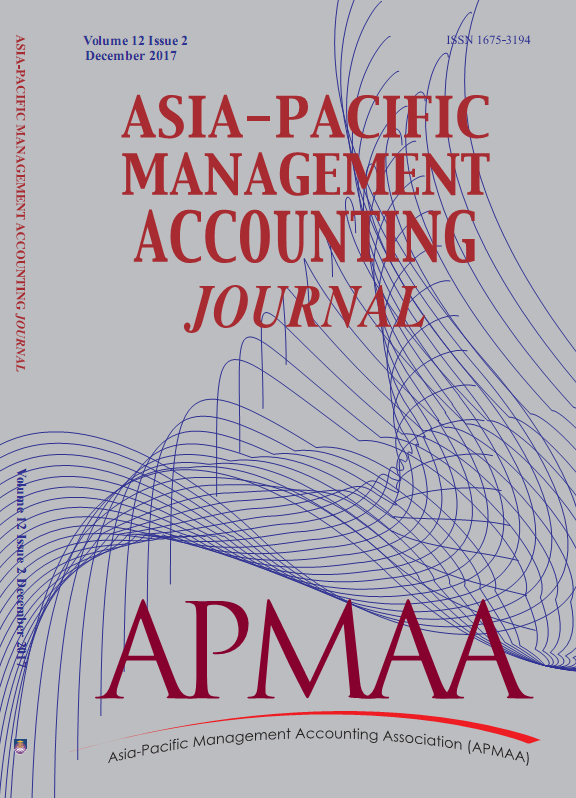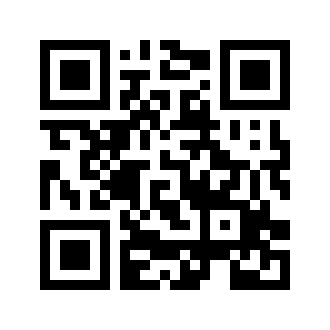Volume 19 Issue 2, August 2024
ARTICLE INFO
Article History:
Received: 25 March 2024
Accepted: 24 April 2024
Published: 01 August 2024
The Relationship Between Auditor’s Thinking Styles and Professional Skepticism: Who Should We Hire?
Sharifah Nazatul Faiza Syed Mustapha Nazri1♣, Wan Nur Lina Wan Hassan2, Salwa Zolkaflil3 and Fauziah Yusof4
1Faculty of Accountancy, Universiti Teknologi MARA, Puncak Alam, Malaysia
2Eignretep Warehouse Services Sdn. Bhd.
3Accounting Research Institute (ARI), Universiti Teknologi MARA (UiTM), Shah Alam, Malaysia
4Faculty of Business and Accountancy, Universiti Ploy-Tech Malaysia, Kuala
Lumpur, Malaysia
This study aims to examine the association between auditors' experience, Type I and Type II thinking styles, and level of professional skepticism. The theory of cognitive development is used to analyse the framework surrounding thinking style, experience, and professional skepticism. A questionnaire was developed based on Sternberg & Wagner (1991) and Hurtt (2010) and 140 responses were collected from senior auditors in Klang Valley. and analysed using ANOVA. Findings demonstrate that professional skepticism demands auditors with conservative thinking and lower cognitive complexity rather than auditors with higher cognitive complexity or inventiveness. This reflects that senior auditors should have a healthy dose of skepticism as well as a range of thinking styles, particularly the Type II style to succeed in the audit industry. However, there is no correlation between auditors' experience and the level of professional skepticism, which may conflict with past research that discovered a positive association between auditor working experience and professional skepticism. The findings add to academics' and audit regulators' understanding of the importance of using professional skepticism and the proper thinking style in every audit engagement. It also provides an insight to the management team to ensure that the most qualified auditors are hired in their organisation.
Keywords: Professional Skepticism, Thinking Styles, Auditors’ Experience, Senior Auditors, Cognitive Development.


